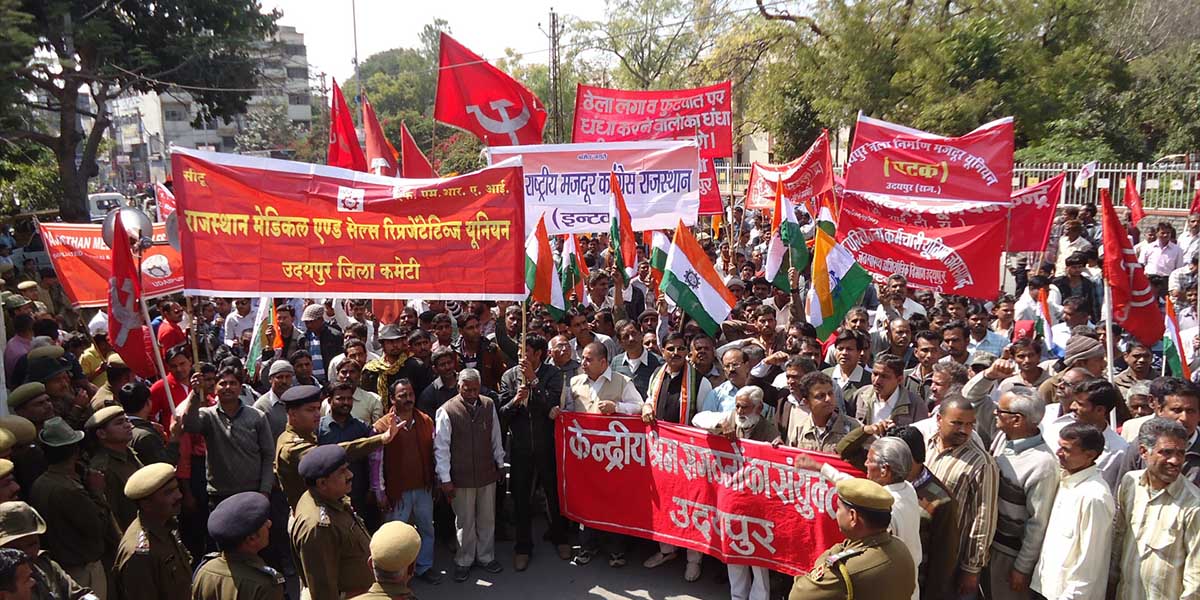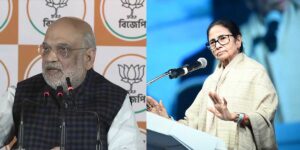Trade unionism seems to have lost focus in India. It has failed to reform itself to keep pace with economic reforms and globalisation, and changing job scenarios. It is also facing the biggest leadership crisis. The poor public and industry response to the nationwide strike call by 10 central trade unions on July 9, 2025 once again exposed the irrelevance of such an action in a country where the informal sector employs nearly 44 crore workers today, representing 85% of the total workforce. The informal sector encompasses a wide range of activities and workers, including those in agriculture, construction, small factories, domestic work, and various other self-employed and micro-enterprise roles. Workers in this sector don’t enjoy job or wage protection. As a result, the old-style trade unionism has become irrelevant in the present-day scenario. The so-called central trade unions exist mostly in the public sector where they play some constructive role in the collective bargaining, especially for periodical wage settlement. The shrinking public sector is a matter of concern to them. However, they could do little when the government decided to hand over the control of IPCL, a highly profit-making public sector enterprise to the Ambani group’s Reliance Industries. Trade unions also made no attempt to prevent total privatisation of BALCO in favour of Anil Agarwal-promoted Sterlite Industries (now Vedanta) . Of course, the prestigious VSNL to the Tata Group. Between 2014 and 2024, the government disinvested from as many as 179 central PSEs without any resistance from the trade unions. This explains why workers do not trust trade unions. Today’s trade unions lack the leadership of those in the 1970s such as Sripad Dange, BT Ranadive, Satish Loomba, George Fernandes, Mahesh Desai. Few will disagree that currently, the trade union movement in India lacks proper leadership and focus, particularly in the face of economic reforms and globalization.

 Politics
Politics Business
Business Entertainment
Entertainment Sports
Sports Celebrities
Celebrities





